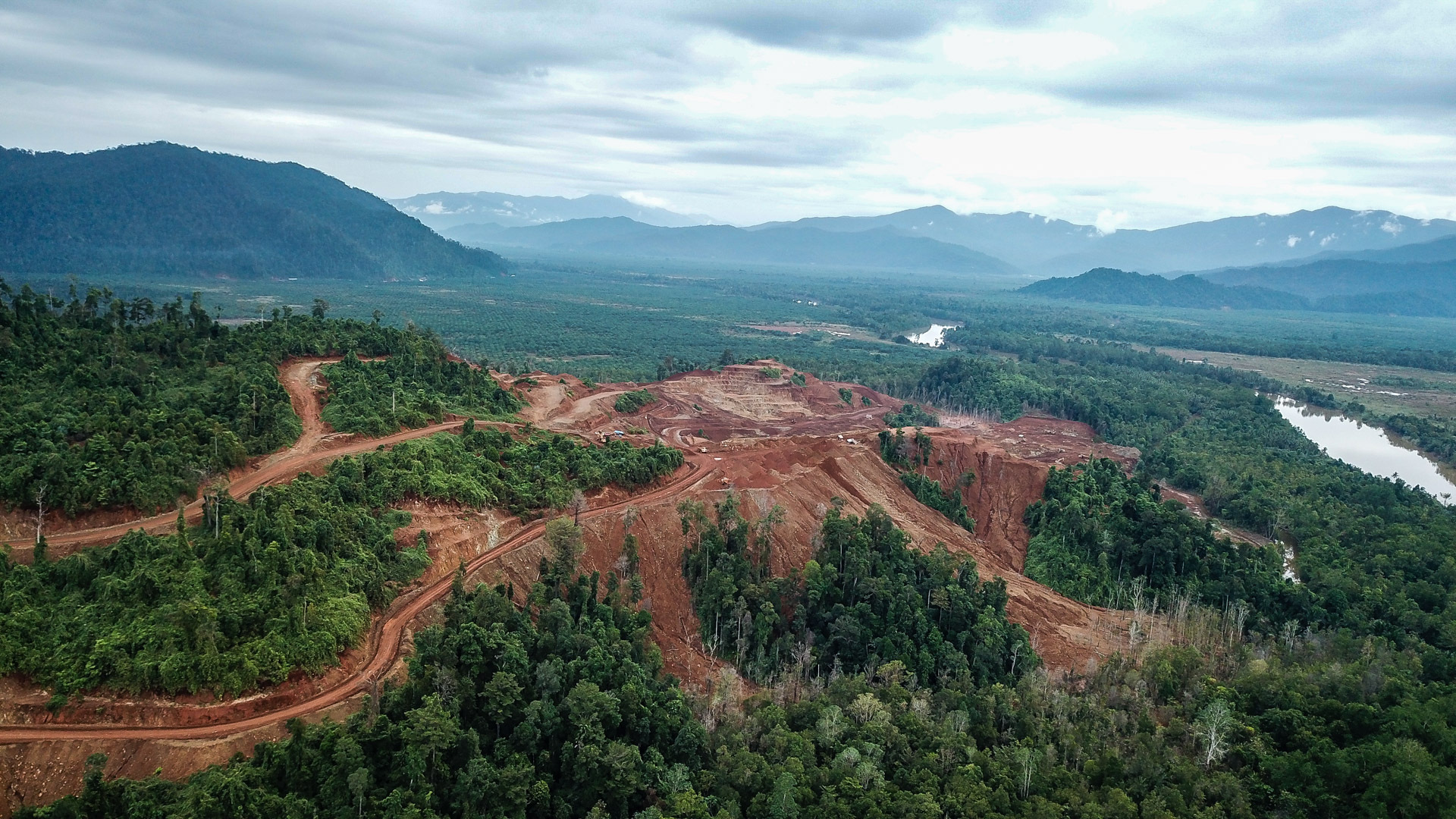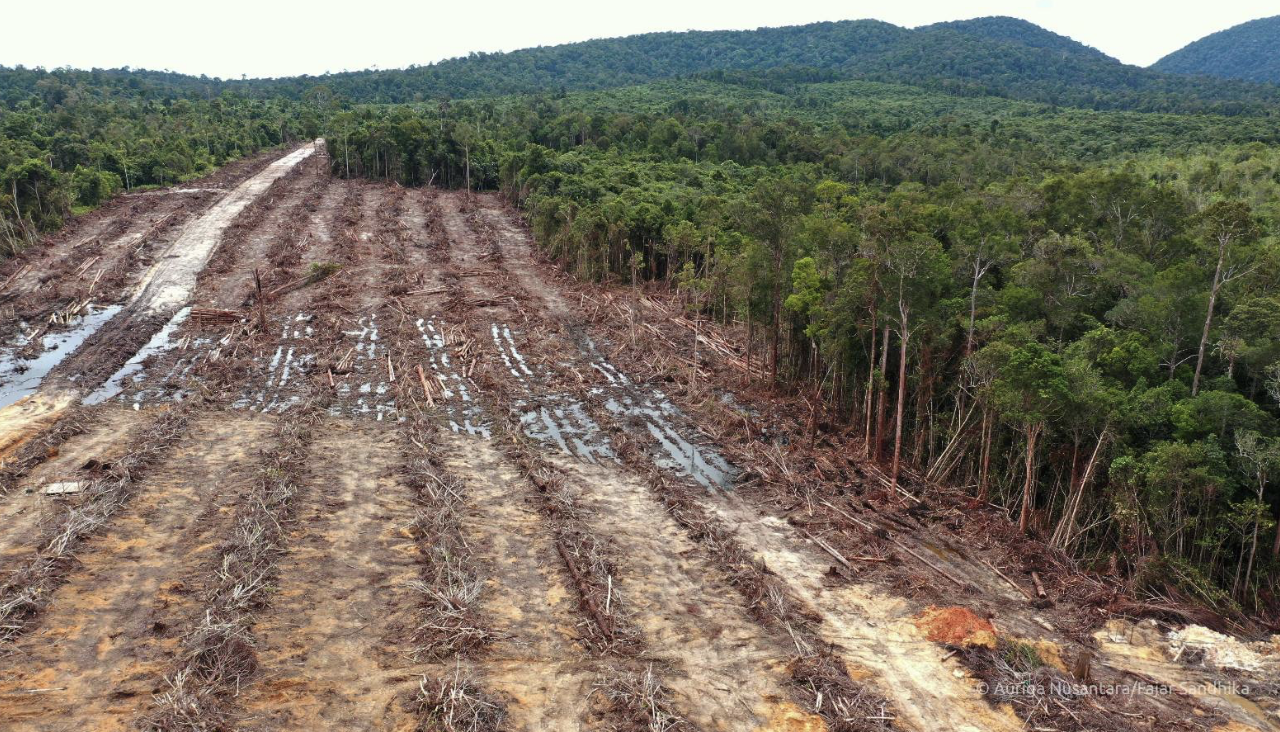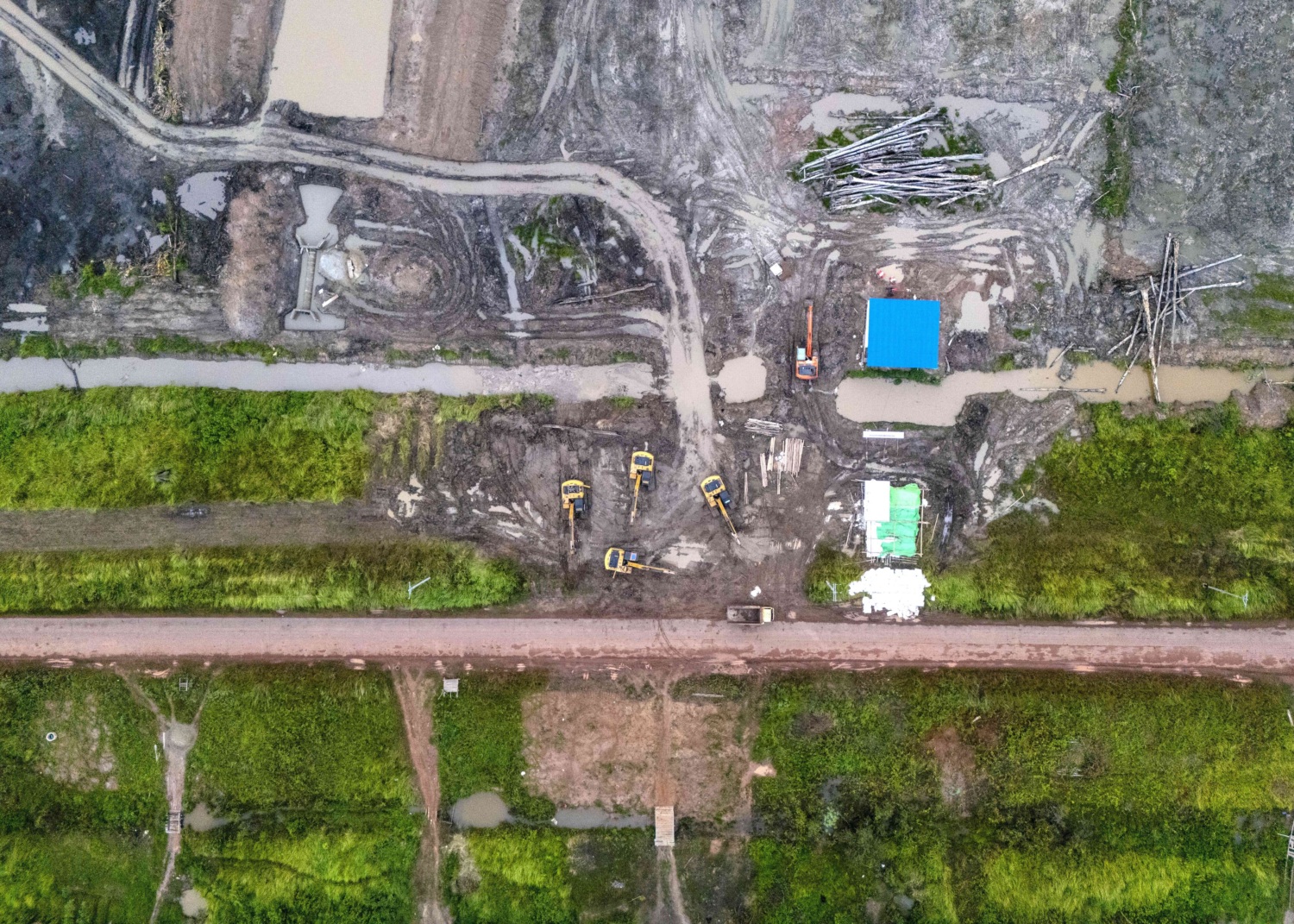
Press Release: U.S. – Indonesia CMA
President Biden urged to consider abuses in Indonesian nickel supply chain before entering into any Critical Minerals Agreement
The warning from a civil society coalition comes ahead of a meeting between the US and Indonesian presidents on sourcing nickel to meet surging demand for EV batteries
For Immediate Release: November 9, 2023
Contact: Sydney Jones, Mighty Earth, [email protected]
Emily Leach, Public Citizen, [email protected]
Brendan McLaughlin, Earthworks, [email protected]
Washington, D.C. — Ahead of a meeting between U.S. President Joe Biden and Indonesian President Joko Widodo, U.S. environmental, faith, and other civil society groups have sent a letter to the U.S President outlining their concerns about a possible Critical Minerals Agreement (CMA) between the two countries.
Indonesia would need such an agreement in order for electric vehicle (EV) batteries made with minerals from the country to qualify for the tax incentives in the Inflation Reduction Act (IRA). But the first and only CMA the U.S. has signed to date, with Japan, has been criticized by congressional leaders and civil society for both its opaque process and non-existent labor and environmental standards.
Indonesia is at the epicenter of a global nickel boom, producing 40% of the world’s supply, which is being driven by the demand for batteries as the EV market surges. Much of the nickel in EV batteries, used by American automakers such as Tesla and Ford, is already sourced from Indonesia by way of battery manufacturers in China. EVs are vital to transitioning from fossil fuels to clean transportation, but entering into a CMA or limited free trade agreement with Indonesia without sufficient environmental, social and labor safeguards in place to protect people and nature risks is a major liability for achieving a just transition.
The letter, led by Mighty Earth, Earthworks, NETWORK Lobby and Public Citizen, echoes the concerns outlined by several senators in an October 23rd letter.
“Network Lobby and our Catholic partners believe all governments have a moral call to be good stewards of creation and show true solidarity with oppressed workers to enliven their sacred dignity. Justice must be at the heart of the clean energy transition both for vulnerable communities that are home to in-demand minerals and to protect against further environmental destruction. Negotiations between the United States and Indonesia on a Limited Free Trade Agreement on Critical Minerals offer the potential for progress, but only if the agreement is conditioned on strong and binding environmental, social, and labor safeguards with facility-specific enforcement tools to stop corporations from engaging in labor rights violations and environmental abuse. Anything less is a failure to live up the values of a worker-centered, sustainable trade agenda.”
– Laura Peralta-Schulte, Senior Director of Public Policy and Government Relations, NETWORK Lobby for Catholic Social Justice
“The world is rapidly transitioning to electric vehicles, which is one of the many changes we need to make to bring down emissions and limit global heating to 1.5C. But more minerals for car batteries means more mining and in Indonesia – the epicenter of the nickel boom – current mining practices are destroying huge swathes of land, threatening Indigenous communities and endangering wildlife. It’s not just environmental and social harm, there is labor abuse of mine workers too, with some dying on the job in these largely Chinese-owned mining companies. The US can’t turn a blind eye to these abuses in pursuit of driving the EV revolution. Rather than giving Indonesia license to continue with business as usual with a CMA, the Biden Administration should use the EV tax credit as an incentive to help the country clean up critical mineral production to protect people and nature.”
– Amanda Hurowitz, Senior Director for Asia, Mighty Earth
“Without meaningful labor and environmental protections in a potential critical minerals agreement with Indonesia, it would be possible for dangerous, dirty mining corporations that violate human rights to be subsidized by U.S. taxpayers, completely sabotaging the IRA commitment to responsible mining practices. The clean economy transition the world needs will require mining of critical minerals – but to ensure a just transition, we have a responsibility to make mining as clean and safe as possible.”
– Melinda St Louis, Global Trade Watch director, Public Citizen


